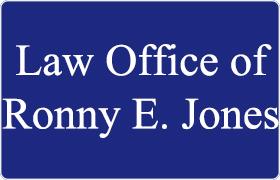Newborn Divorce & Family Law Lawyer, Georgia
Sponsored Law Firm
-
 x
x

Click For More Info:
-
Law Office of Ronny E. Jones
12 Snowgoose Court Monticello, GA 31064» view mapDivorce & Family Law We Are Here To Help
We offer the best attorneys in the business. Every client matters and every case deserves proper attention and the highest level of professionalism.
800-890-4540
Charles Joseph Rettiger
Family Law, Federal Trial Practice
Status: In Good Standing Licensed: 12 Years
Matthew Randolph Frick
Real Estate, Traffic, Divorce & Family Law, Bankruptcy & Debt, Car Accident
Status: In Good Standing Licensed: 9 Years
Brad J. Evans
Traffic, Estate, Divorce & Family Law, Criminal
Status: In Good Standing Licensed: 21 Years
FREE CONSULTATION
CONTACTAnthony Brackett Sandberg
Wills & Probate, Employment, Divorce & Family Law, Products Liability
Status: In Good Standing Licensed: 25 Years
Christina Lynn Hartzell-Behrndt
Estate Planning, Divorce, Elder Law, Civil & Human Rights
Status: In Good Standing Licensed: 9 Years
 Ronny Jones Monticello, GA
Ronny Jones Monticello, GA Practice AreasExpertise
Practice AreasExpertise
